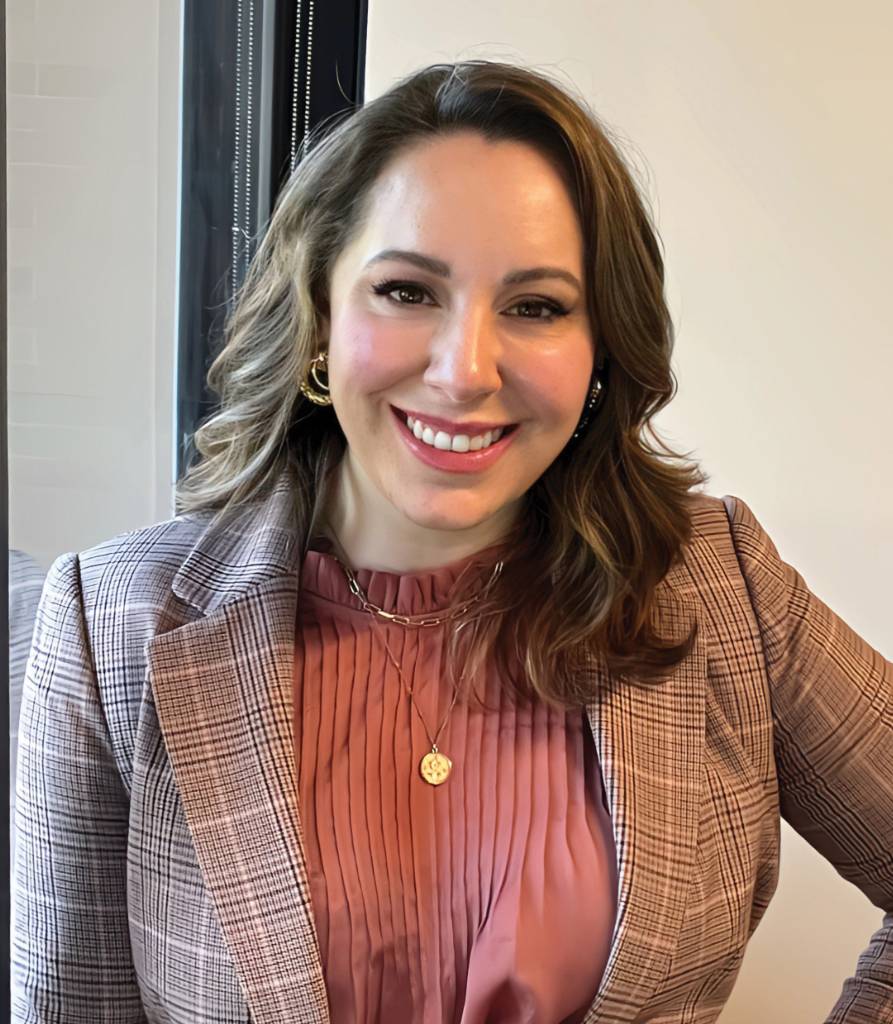4 Tips to Help You Rock Your Next Accounting Presentation
June 14, 2024
by Monette Anderson, CAE

One question you may have heard students and new professionals asking CPAs is “What is it that people often don’t know about your work?” Surprisingly, the most common answer to this question is not “that we don’t all do taxes.” Usually at least one CPA will say, “How important communication skills are in our role.”
As a soon-to-be CPA, you are already probably aware that CPAs don’t spend all day crunching data in Excel spreadsheets, but you may not have considered how good communication skills improve your professional value. Accounting professionals are relied upon to explain complex financial material to nonfinancial stakeholders, and odds are you will find yourself behind the podium sooner rather than later, especially as you’re working your way through accounting classes and starting internships or your first job in accounting. In these situations, your professional merit depends on your ability to present data in a clear and confident manner.
So how can you best prepare for these moments? Here’s a primer with some quick tips on how to keep calm and present on.
USE THE LANGUAGE OF LAYMEN
No one likes a doctor who speaks in medical jargon (except other doctors). Learning to use plain language in your client and boardroom briefings will make you stand above others. Avoid sounding condescending, talking down to your audience, or getting too technical. Find anecdotes or examples to make concepts easy to understand. While it can be challenging to eliminate all accounting jargon/technical terms, try to keep them to a minimum and make sure your supporting documents or slides help provide your audience with any acronyms or abbreviated definitions.
AUTHENTIC OVER DYNAMIC
Here’s a little secret, unless you are preparing for your future TED Talks presentation, you don’t have to invest too much time in learning to be the most polished and dynamic public speaker. Focus on authenticity instead. What does being authentic mean in relation to public speaking? Think about how you present when speaking with friends or telling stories to family members around the dinner table. That’s you being your most authentic self. Under the spotlight of public speaking, anxiety can take over, causing the focus to shift on how you should appear to your audience. To be more authentic, be conversational, ask the audience questions, and be yourself.
BREAK THE ICE
Find a strong way to start the presentation and grab your audience’s attention. This may be with a little humor or an icebreaker. Telling a story or a joke can break the ice and warm up your audience, but it’s important to keep it brief and professional. Joking not your style? Try pausing for a moment after your introduction before launching into your presentation. This can give the audience a moment of silence to bring their attention back to you and peak their interest, and gives you a second to relax and get the pulse of the room.
PRACTICE, PRACTICE, PRACTICE
Live feedback is the most effective way to hone your presentation skills. Practice in front of friends or family. They’ll help you make sure your material is easy to understand, and you can test how well your jokes and icebreakers land. You can also try recording yourself as you present, so you can catch any nervous gestures that may distract your audience like shuffling your feet, leaning on the podium the whole time, or standing glued to one spot.
Finally, always remember to be confident and show off the skilled and polished professional that you are. You’ve got this.
For extra help in working on your communication skills, attending WSCPA networking events is a great way to speak with CPAs and accounting professionals and practice your business communication skills. Make sure you’re subscribed to WSCPA emails so that you can get updates on events coming to your area and keep on eye on wscpa.org/events. Feel free to reach out to accountingcareers@wscpa.org if there are events you’re interested in attending or if you have any questions.

Monette Anderson, CAE, is WSCPA Vice President of Membership and Education and Executive Director of the Washington CPA Foundation. You can contact Monette by email.
